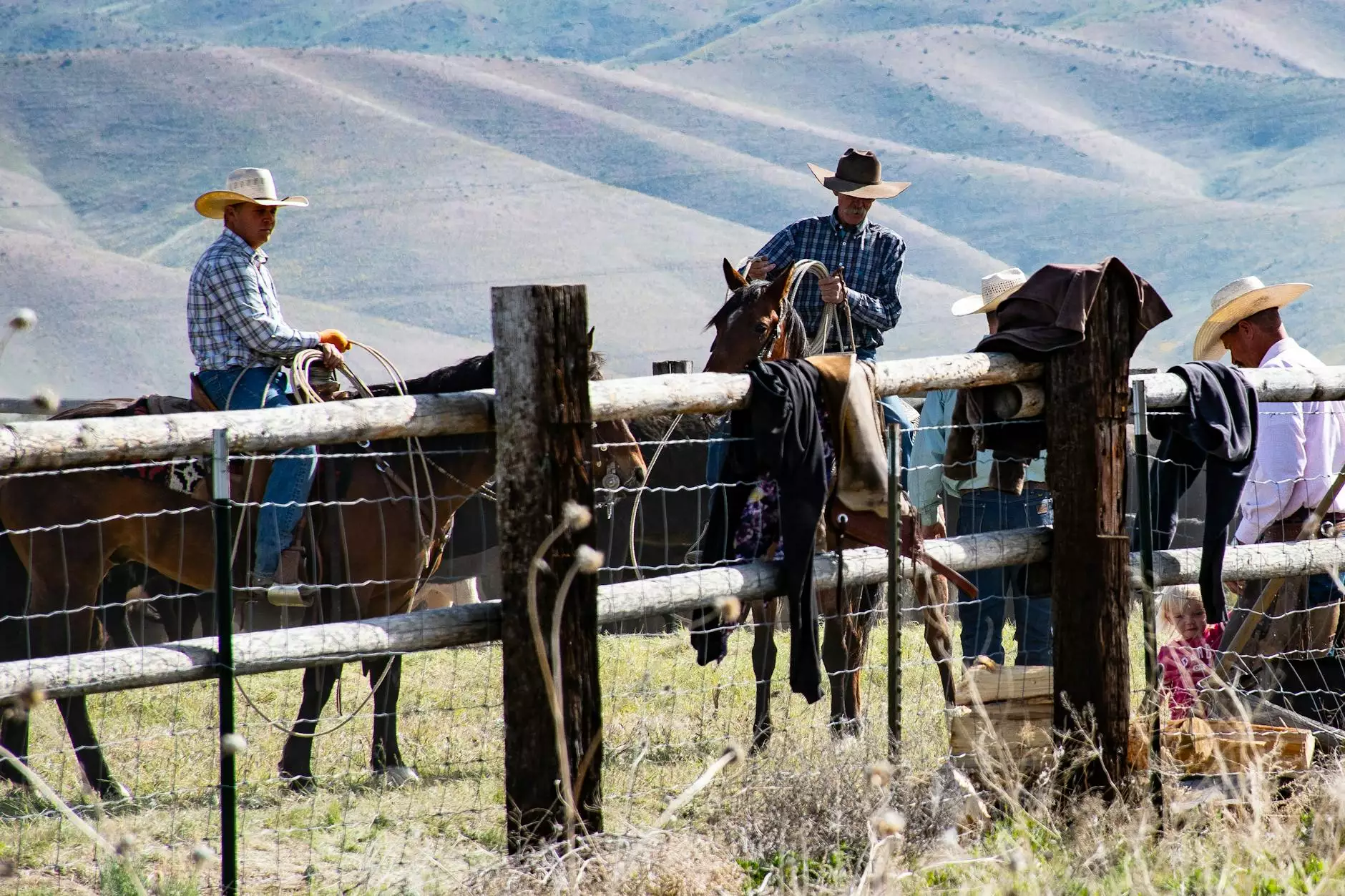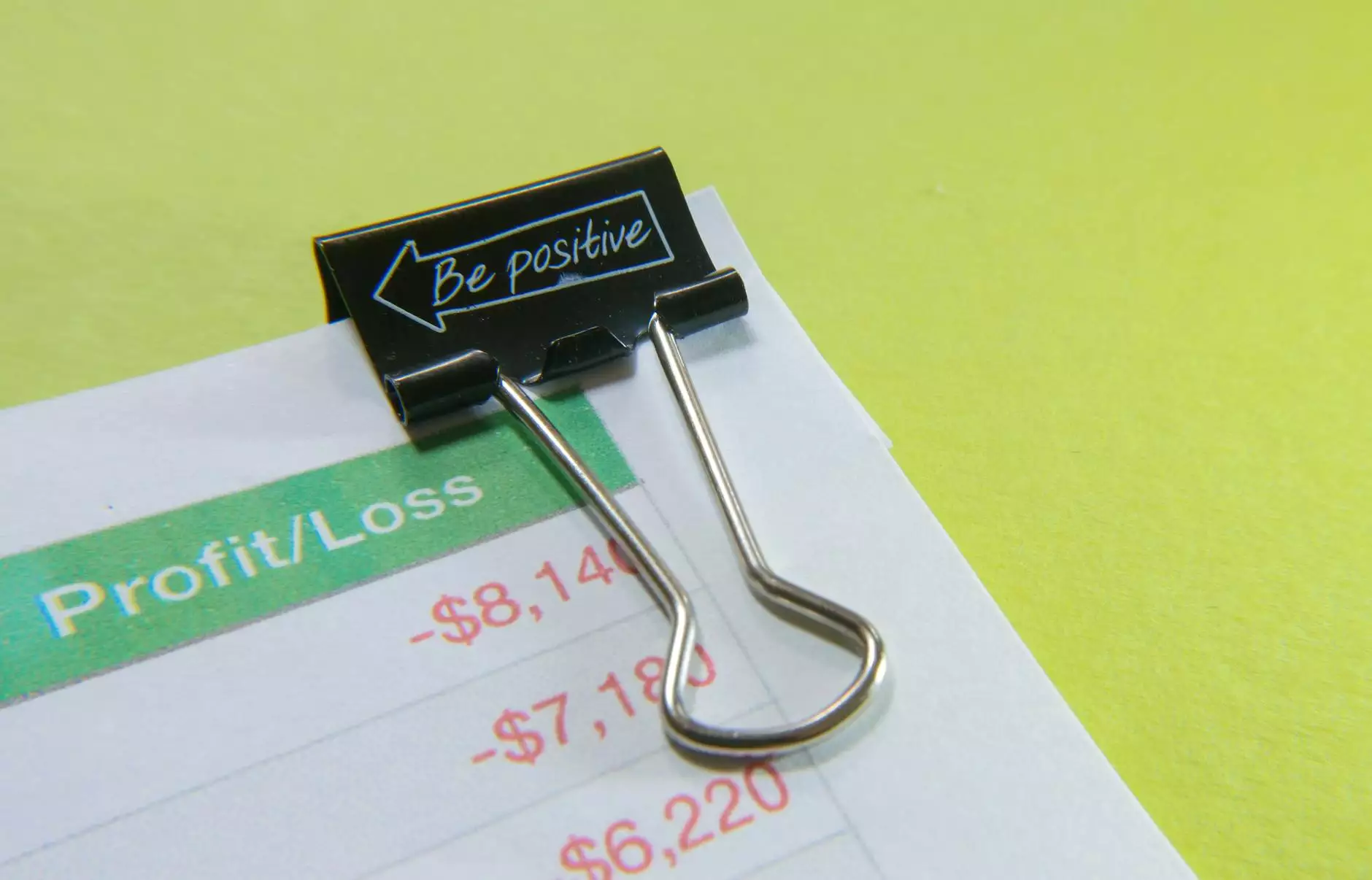The Importance of Horse Oral Care: A Comprehensive Guide

When it comes to maintaining the health and well-being of our equine friends, horse oral care often takes a back seat to other more visible aspects of horse care, such as feeding, grooming, and exercise. However, understanding and implementing proper dental care can greatly enhance a horse’s quality of life and overall performance. In this article, we will delve deeply into the realm of horse oral health, exploring its significance, common issues, solutions, and the best practices that horse owners must adopt.
Understanding Equine Dental Anatomy
Before we explore why horse oral care is critical, it’s essential to understand the unique anatomy and physiology of a horse’s mouth. Horses have 24 deciduous teeth and up to 40 permanent teeth that change over time. Their teeth are specifically designed to facilitate their natural feeding behavior, which consists of grinding fibrous plant material. Key components of a horse's dental structure include:
- Incisors: Used for biting off grass and forage.
- Molars: Crucial for grinding and chewing food.
- Canines: Not present in all horses, but can aid in fighting and establishing dominance.
Understanding these elements can help horse owners recognize when something is amiss during routine care, be it floating (filing) teeth or detecting unusual wear patterns.
Why Horse Oral Care Is Essential
The impact of proper dental health on a horse's functionality cannot be overstated. Here are several reasons why horse oral care is essential:
- Nutrition Absorption: Properly aligned teeth ensure that food is adequately chewed, allowing for optimal nutrient absorption.
- Performance: Horses with dental issues may show signs of discomfort and reduced performance in competitive scenarios.
- Behavioral Indicators: Dental problems often manifest through changes in behavior, such as reluctance to eat or abnormal chewing habits.
- Preventive Care: Regular dental check-ups can prevent potential complications, such as infections that can spread to other areas of the body.
Common Dental Problems in Horses
Despite a horse owner's best efforts, dental issues can still arise. Awareness of common problems is crucial for prevention and timely treatment. Here are some of the most prevalent dental issues faced by horses:
1. Wolf Teeth
These unerupted teeth, which are actually vestiges from the horse’s ancestry, can cause discomfort. If present, it is advisable to consult with a veterinarian to determine whether they need to be removed.
2. Hooks and Points
As horses chew, their teeth can develop sharp edges known as hooks and points. These can lead to significant discomfort, even causing cuts inside the cheek or tongue. Regular floating can help alleviate this problem.
3. Tooth Decay
Cavities can develop due to improper wear and lack of dental care. Like humans, horses require regular checking and cleaning to avoid the development of decay.
4. Gingivitis
Gum disease can affect a horse's overall health. An inflamed gum can lead to pain and can be a gateway to more serious diseases.
Best Practices for Horse Oral Care
Effective horse oral care involves a combination of routine dental examinations, appropriate dental treatments, and at-home care by horse owners. Below are several practices that can significantly contribute to better oral health in horses:
1. Regular Dental Check-Ups
It is essential to schedule regular dental check-ups with an equine veterinarian or an equine dentist. Typically, a horse should have its teeth examined every 6 to 12 months. This routine can ensure any potential issues are detected and treated promptly.
2. Dental Floating
Dental floating is a term that refers to the filing down of sharp-edged teeth to create a smooth surface for chewing. This procedure should be performed by a qualified professional and is often necessary to address the formation of hooks and points.
3. Proper Diet
A horse's diet plays a crucial role in maintaining oral health. Providing a balanced diet rich in roughage helps ensure natural wear on the teeth. Avoiding excessive sugary treats can also prevent decay and gum disease.
4. Monitor Eating Habits
Observing how your horse eats can provide valuable insight into their oral health. Pay attention to changes in chewing habits, reluctance to eat, or noticing food falling from their mouth, as these may indicate dental discomfort.
The Role of Dental Products in Horse Oral Care
With advancements in veterinary medicine, a variety of horse oral care products are now available in the market. Incorporating these products into your routine can promote better dental health:
- Dental Pastes and Powders: These can help clean teeth and reduce plaque buildup.
- Balanced Feed: Special feed designed for dental health can encourage natural chewing and help maintain teeth.
- Chewing Toys: Structured toys can aid in tooth wear and keep your horse entertained.
Conclusion
In conclusion, prioritizing horse oral care is fundamental for any horse owner. By understanding the importance of dental health, recognizing common problems, adopting best practices for care, and utilizing available products, you can significantly enhance your horse's quality of life. Whether you're a competitive equestrian or a casual rider, the health of your horse's teeth should always be a priority. Remember, a healthy horse is a happy horse!
For more information on equine dental care products and services, please visit racehorsemedcare.com.









